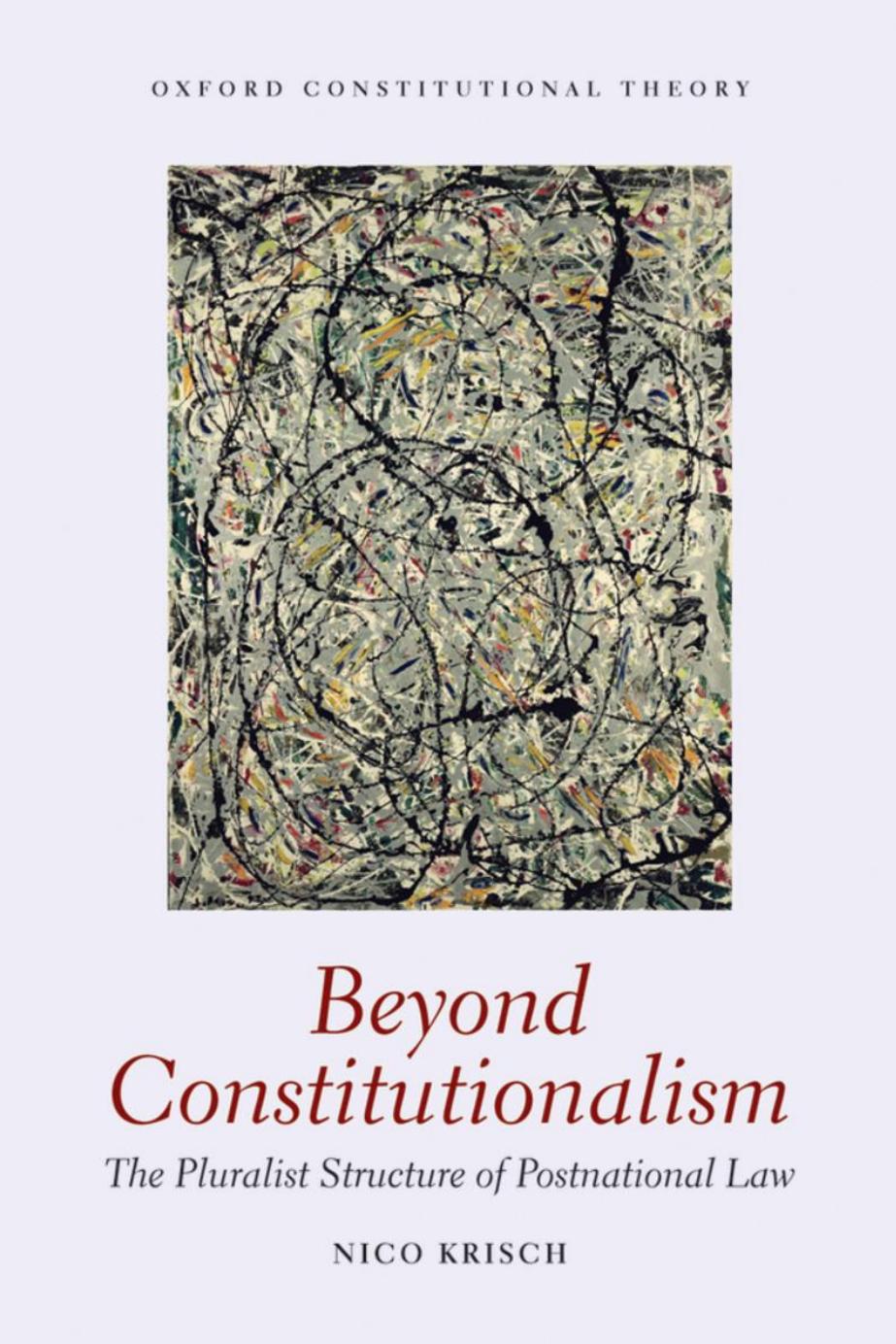Beyond Constitutionalism: The Pluralist Structure of Postnational Law by Nico Krisch

Author:Nico Krisch
Language: eng
Format: epub, pdf
Published: 2014-11-08T05:00:00+00:00
3. Pluralism and Regime Design
Overcoming the obstacles to stability is not easy in any global institutional setting, but a pluralist order may have certain advantages in this respect. We have just seen the risks of friction in the international security regime if hierarchical tools are actually used; pluralism's push for accommodation may reduce this risk somewhat.
Change
A pluralist order might also help to tackle the challenge of institutional change. In classical international law, change faces high hurdles because of widespread unanimity requirements; replacing it with more effective, majoritarian amendment processes, however, would provoke not only political resistance but also raise normative concerns. Requiring all states' consent to change may be impractical, but ignoring states' objections risks neglecting their well-grounded claim for political autonomy.133 In Chapter 3 I argued that pluralism helps steer a middle course between those positions—one that does not grant ultimate authority to any collective or process, but can help bring the competing visions into an informal balance.134 In the sanctions example we can observe how this might work in practice. Litigation in member states and in the EU courts has very likely contributed to the procedural improvements in the listing process and may well instigate further change.135 But it is not formally relevant to the Security Council and cannot determine the outcome; the practical result is one of (limited) convergence on the observance of certain due process standards.
(p.184) This accommodation is not an arbitrary process: as we have seen, the impact of a challenge depends on a number of political conditions, including the weight of the underlying normative concerns in the polity from which they emanate and the extent to which they are shared more broadly in the international community. Litigation around sanctions received attention because it was part of a broader movement for change. This has been similar in the development of pluralism within the EU: the rights challenge launched by the German Constitutional Court against the ECJ reflected mounting concerns over a lack of fundamental rights protection in the ever more powerful European Communities, and as it was supported by political initiatives as well as courts in other countries, it helped drive institutional change. Such change would not have been impossible in a constitutionalist order, yet pluralism facilitated it by allowing recourse to normative resources that had broad resonance politically but only particularistic status legally: rights guarantees contained in member state constitutions. Pluralism, unlike constitutionalism, allowed for the full mobilization of this resource as a legal, not only political tool.
Download
Beyond Constitutionalism: The Pluralist Structure of Postnational Law by Nico Krisch.pdf
This site does not store any files on its server. We only index and link to content provided by other sites. Please contact the content providers to delete copyright contents if any and email us, we'll remove relevant links or contents immediately.
Day by Elie Wiesel(2246)
The Age of Genius by A. C. Grayling(2175)
Gideon's Spies: The Secret History of the Mossad by Gordon Thomas(1953)
The Gulag Archipelago (Vintage Classics) by Aleksandr Solzhenitsyn(1729)
FATWA: Hunted in America by Pamela Geller(1724)
Columbine by Dave Cullen(1499)
Examples & Explanations: Administrative Law by William F. Funk & Richard H. Seamon(1327)
The Rule of Law by Bingham Tom(1319)
Men Explain Things to Me by Rebecca Solnit(1316)
Anatomy of Injustice by Raymond Bonner(1269)
Three Cups of Tea by Greg Mortenson(1261)
ADHD on Trial by Michael Gordon(1242)
That Every Man Be Armed by Stephen P. Halbrook(1240)
Gideon's Spies by Gordon Thomas(1218)
Palestinian Walks by Raja Shehadeh(1143)
The Source by James A. Michener(1135)
Fast Times in Palestine by Pamela Olson(1117)
Nothing to Envy by Barbara Demick(1042)
Constitutional Theory by Carl Schmitt(1037)
